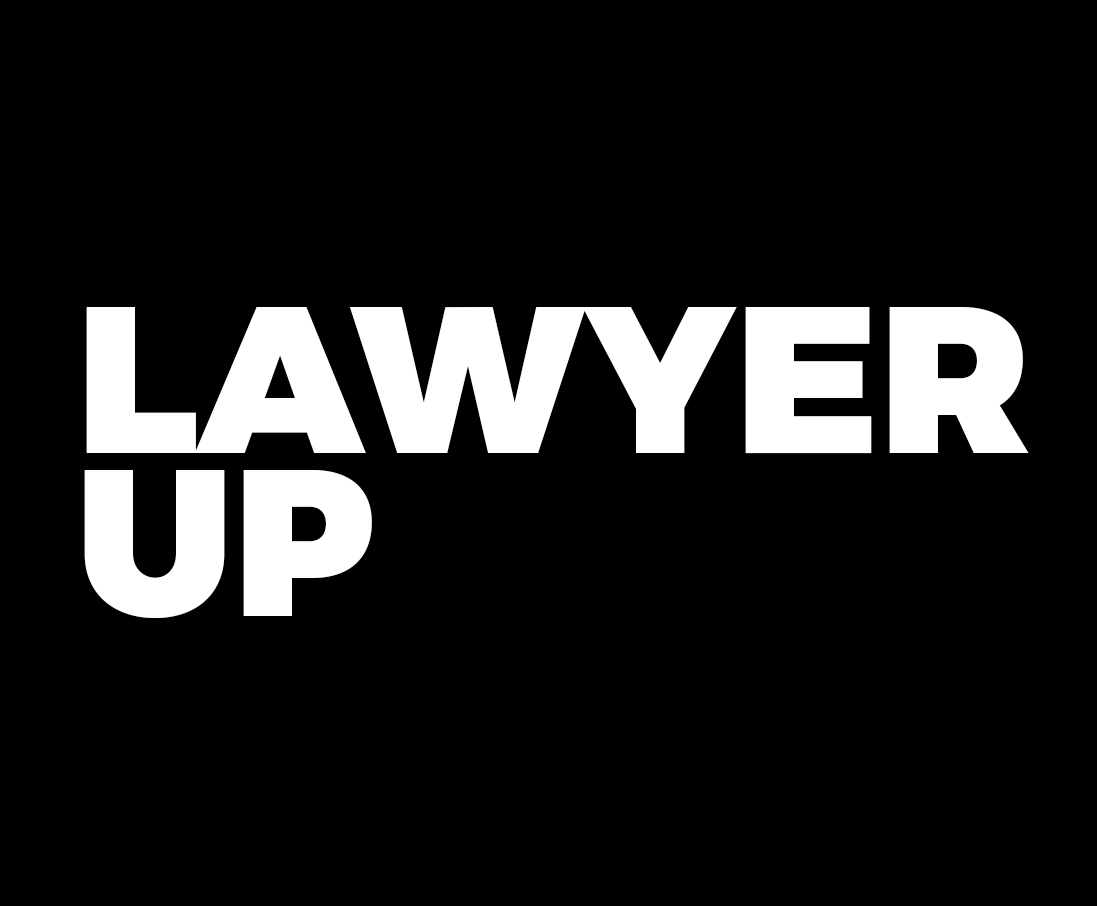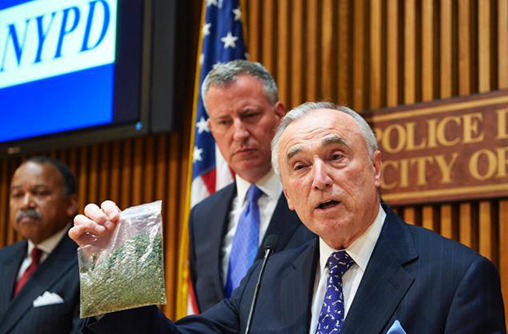Disclaimer: This column is written for educational purposes only. It does not provide specific legal advice and does not create an attorney-client relationship. This column should not be used as a substitute for competent legal advice from a licensed attorney in your state.
Even though cannabis is legal (to a degree) in 29 states and DC, employers throughout the US continue to require employees to pass a drug test for marijuana before hiring and during employment. There are many legitimate reasons why government and private employers need to test for the presence of drugs. For example, in safety-sensitive positions involving heavy machinery or driving vehicles, it’s extremely important that employees not be under the influence of substances that can cause impairment. Marijuana legalization did not automatically trigger changes that would prevent employers from drug testing for the newly-legal substance. In fact, while all state medical and recreational marijuana laws protect the use of marijuana by adults, most state marijuana laws did not add explicit protections for marijuana users against workplace discrimination.
Now, people around the US are starting to put these new laws to the test, alleging that employers have infringed on their rights to lawful use by discriminating against them in the workplace. For example, what if using medical cannabis is essential for an employee to function, such as individuals with epilepsy or glaucoma? The role of our courts and judicial system is to interpret what conduct is protected under the law and determine whether a particular employer’s action violated an individual’s protected rights. When it comes to employment drug tests, employees and potential hires have filed lawsuits claiming that state law protects their right to use marijuana outside of the workplace, and that it’s illegal for an employer or potential employer to discriminate against them for “lawful conduct.” In these situations, the court must decide how to reconcile cannabis laws with employment laws.
Aside from challenges by FDA-approved prescription holders, federal legal challenges have been largely unsuccessful…
As most of us know, the federal government has strict drug testing requirements. Any federally regulated workplace is required to conduct urine drug tests to detect THC, amongst other drugs. Any positive test will result in either disqualification of the candidate or discipline/firing of the employee. However, if the individual has a legitimate medical explanation for a positive test result — such as a prescription from a doctor — he or she may be able to challenge the result. So far, only patients with an FDA-approved cannabinoid prescription medication such as Marinol or Cesamet have legitimate right to challenge a positive drug test.
An increasing number of plaintiffs have filed lawsuits against former and potential employers challenging positive drug tests under the Americans with Disabilities Act. The ADA prohibits employers from terminating employers for using lawfully prescribed medications. However, the ADA explicitly excludes “illegal drugs” from this coverage. Because the ADA is a federal law and cannabis still an illegal Schedule I drug, cannabis is not currently recognized as a “lawfully prescribed medication” — so its use is not protected. However, those with FDA-approved cannabinoid prescriptions may be able to bring legal challenges under the ADA.

Image via iStockPhoto
Lawsuits challenging employers at the state level have been successful in some states, but not in others…
A growing number medical marijuana card-holders have challenged their rescinded employment offers and firings by arguing that they have been discriminated against for engaging in conduct that is “lawful” within the state. Most of these cases have not been successful because state courts are hesitant to find that consuming cannabis is “lawful conduct” when it’s only legal at the state level. In one notable case out of Colorado, Coats v. Dish Network, LLC, the court was split as to whether Colorado’s “lawful activity” statutes protect medical marijuana use due to its federal illegal status. The majority held that Coat’s firing was legal because medical marijuana use was not protected under the law. However, one dissenting judge wrote a separate opinion stating that cannabis consumption was legal under state law, and that was enough to find that the Dish Network wrongfully fired Coats.
The Rhode Island Superior Court seems to agree with the dissenting judge in Colorado. A case decided on May 23 could set the precedent for other states to find that cannabis patients have an actionable right against discrimination in employment situations. Last month, the Rhode Island Superior Court ruled that a company was guilty of discriminating against a prospective employee when they refused to hire her because she was actively using medical marijuana pursuant to a state medical marijuana program.
In Callaghan v. Darlington Fabrics, Christine Callaghan sought an internship with Darlington Fabrics and signed a form acknowledging that she would have to take a drug test prior to being hired. During an interview, she told Darlington that she held a state-issued medical marijuana card authorized by Rhode Island’s medical marijuana law. During a follow-up discussion, Callaghan stated that she was using medical marijuana and that her use would cause her to test positive on her pre-employment drug screening. Even though she clearly stated that she would not use marijuana at work or bring it to the workplace, Darlington told her they couldn’t hire her because she couldn’t pass the mandatory drug test and therefore would not be in compliance with the company’s drug-free workplace policy. Darlington argued that there was a distinction between holding a card and actually using cannabis, and that actual use was not protected under the law. But the court disagreed, finding that Darlington’s reading of the law would render it almost meaningless. The court agreed that Darlington discriminated against Callaghan and held that the state’s medical marijuana law necessarily protected the actual consumption of cannabis.
Like many states, Rhode Island’s medical marijuana law does not directly address whether patients are entitled to protections against workplace discrimination. The ruling in this case makes clear that the state’s medical marijuana law does prohibit discrimination against card-carrying medical marijuana users. And it’s the first case of its kind to protect the actual use of marijuana in addition to merely holding a medical marijuana card. This is a big deal, considering that marijuana is still federally illegal.
Tips for cannabis patients and enthusiasts:
- Assume that your prospective employer drug tests, especially if the job is in government or a safety-sensitive position.
- Your medical card or doctor’s recommendation does not automatically protect you, but may allow you to legitimately challenge an adverse decision against you.
- Depending on how often you use cannabis, take at least 2-4 weeks to detox before you think you’ll be drug tested (8-12 weeks if you’re a heavy user). If you’re thinking about making a career change, stop using as soon as (or even before) you start applying for new job opportunities.
- If you’re already employed, study your employer’s drug policy to determine whether, and under what circumstances, they test during employment. Many employers will test “for cause” — if they have reason to believe that you are under the influence (e.g. a workplace accident or strange odors or behavior) while at work.
~ Cannabiz Confidante



![Snoop Dogg & His Homies Play the LAST Madden 19 Tournament GGL IV [Part 2] GANGSTA GAMING LEAGUE](https://merryjane.com/wp-content/uploads/2024/04/1575406174891_ScreenShot2019-12-03at12.49.19PM.png)







